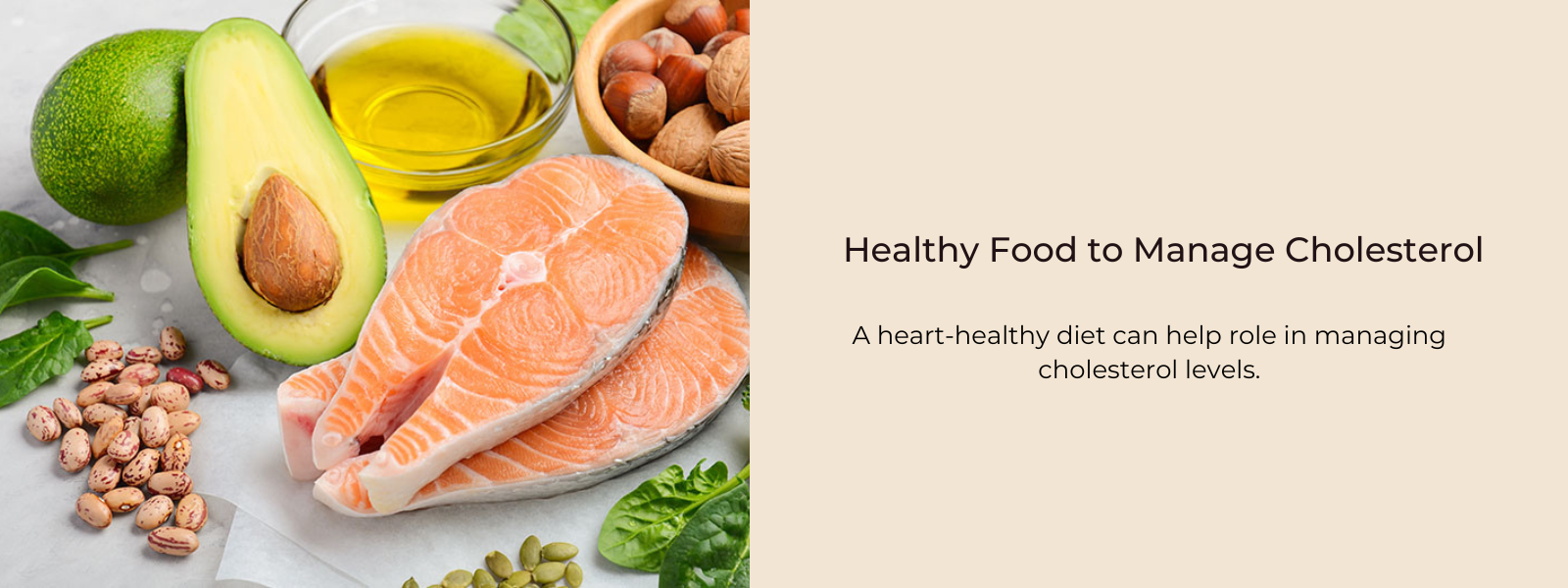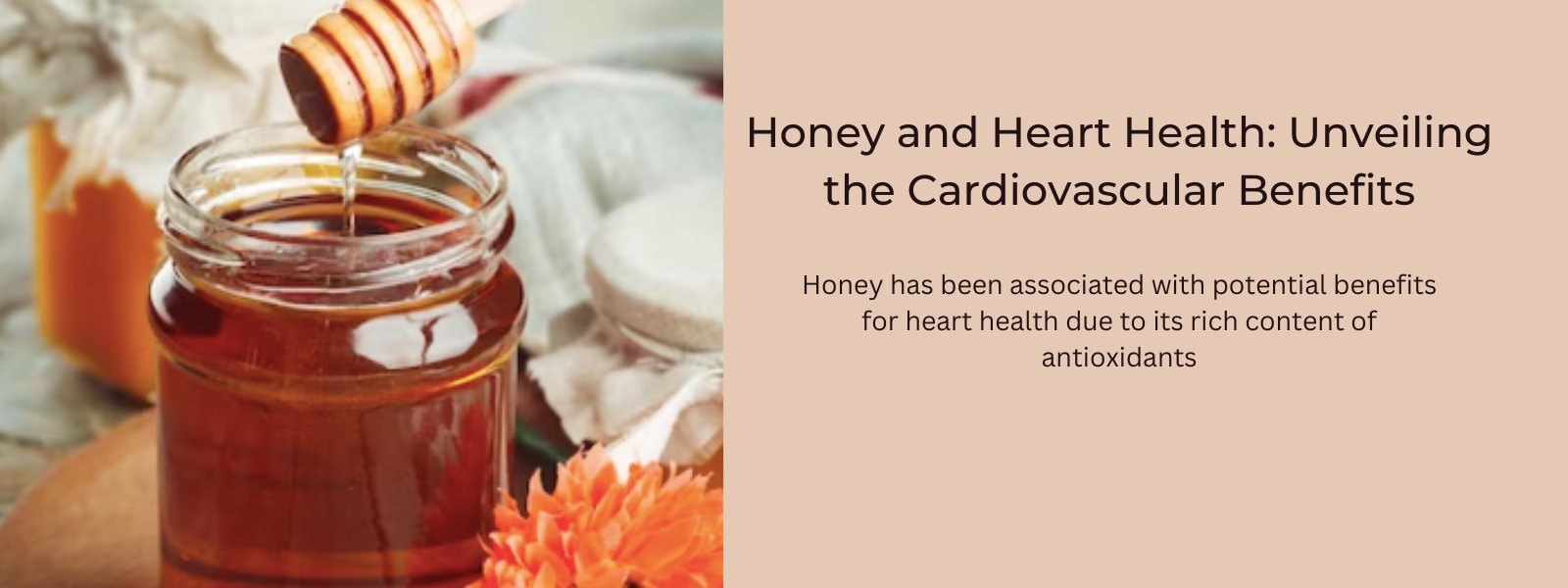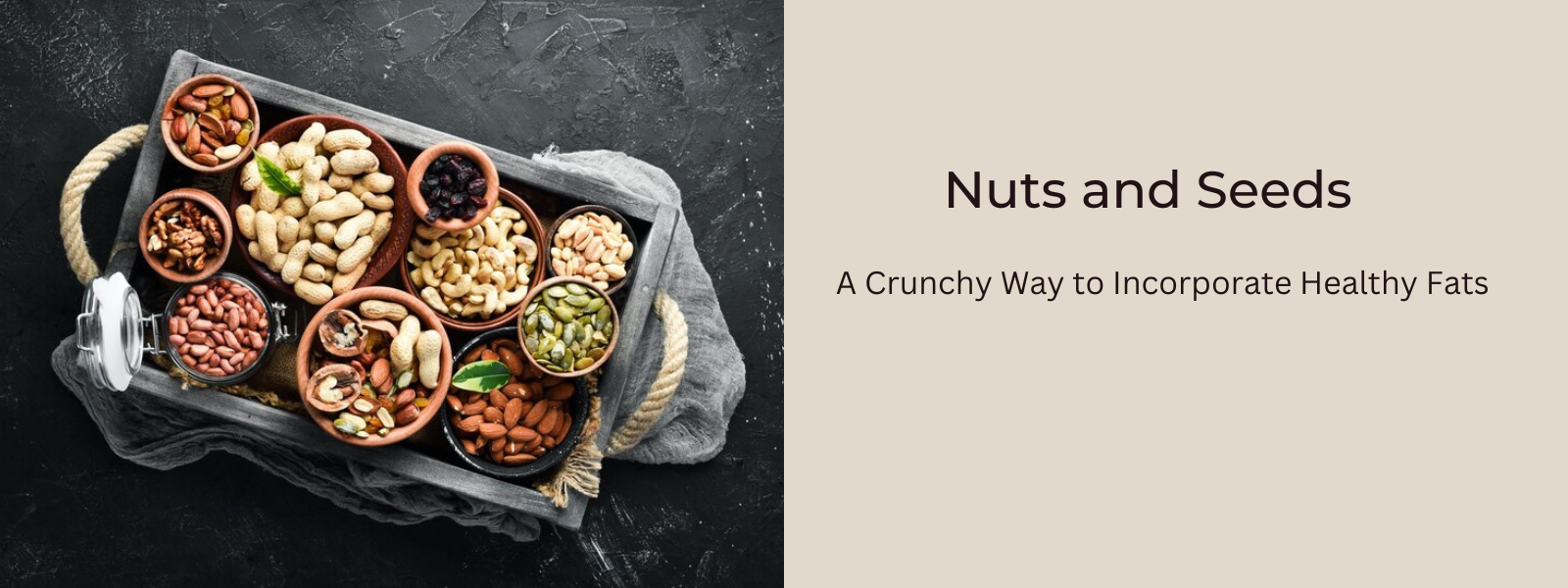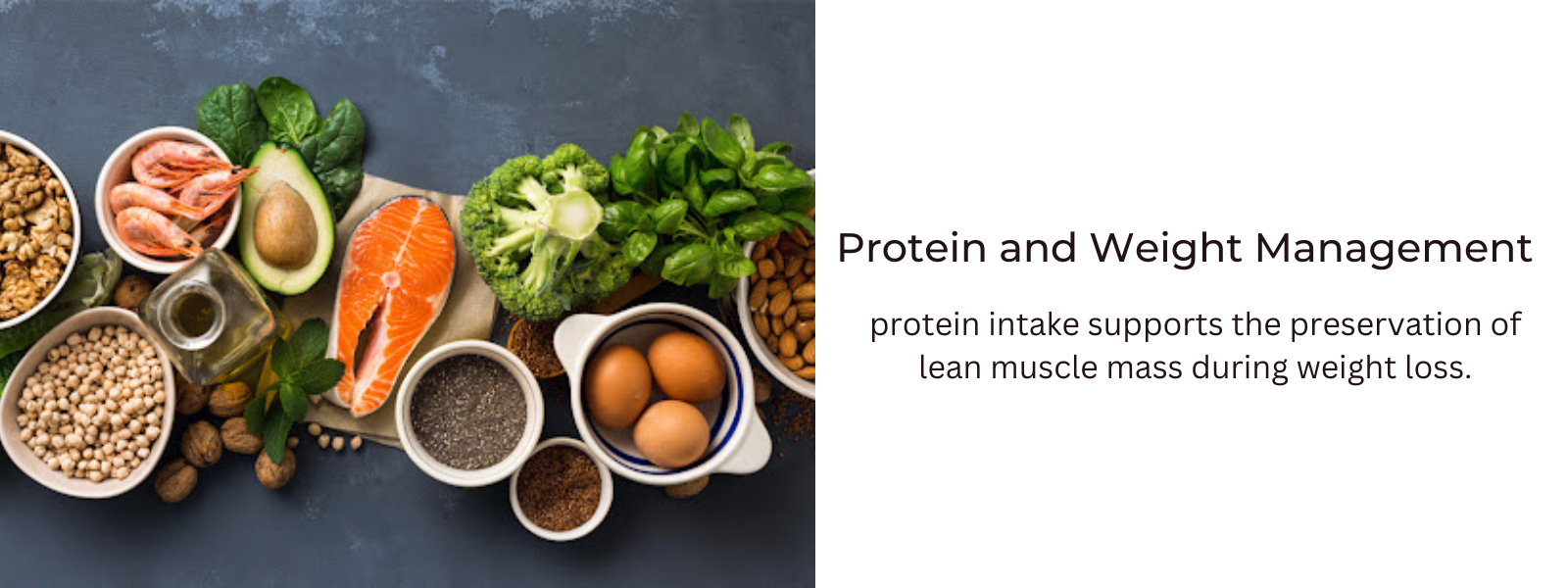Plant sterols and stanols are natural compounds found in plants that have been shown to effectively lower cholesterol levels. These substances have a similar structure to cholesterol and compete with it for absorption in the intestines, thereby reducing the amount of cholesterol that enters the bloodstream. By inhibiting the absorption of dietary cholesterol, plant sterols and stanols help lower LDL (low-density lipoprotein) cholesterol levels, which is commonly referred to as "bad" cholesterol. Foods fortified with plant sterols and stanols, such as certain margarines, orange juice, and yogurt, can be incorporated into the diet as part of a heart-healthy approach to managing cholesterol levels. Additionally, consuming a diet rich in fruits, vegetables, nuts, seeds, and whole grains naturally provides small amounts of plant sterols and stanols, further supporting cardiovascular health.
Table of Contents
What Are Plant Sterols and Stanols?
Plant sterols and stanols are natural substances found in plants that are structurally similar to cholesterol. They are part of the plant's cell membrane and are present in varying amounts in fruits, vegetables, nuts, seeds, and grains. Plant sterols and stanols are known for their ability to reduce LDL (low-density lipoprotein) cholesterol levels, commonly referred to as "bad" cholesterol, in the bloodstream.
These compounds work by blocking the absorption of dietary cholesterol in the intestines. They compete with cholesterol for absorption, thereby reducing the amount of cholesterol that enters the bloodstream. As a result, consuming plant sterols and stanols can help lower LDL cholesterol levels, which can decrease the risk of heart disease and stroke.
Plant sterols and stanols are often added to certain fortified foods, such as margarine, orange juice, yogurt, and cereal, to increase their intake. Additionally, they naturally occur in small amounts in a variety of plant-based foods.
Are Plant Sterols and Stanols Considered Natural Approaches to Lowering Cholesterol?
Yes, plant sterols and stanols are considered natural approaches to lowering cholesterol levels. These compounds are naturally found in various plant-based foods and are structurally similar to cholesterol. When consumed as part of the diet, plant sterols and stanols work by interfering with the absorption of dietary cholesterol in the intestines.
By competing with cholesterol for absorption, plant sterols and stanols effectively reduce the amount of cholesterol that enters the bloodstream, particularly LDL (low-density lipoprotein) cholesterol, which is often referred to as "bad" cholesterol. Lowering LDL cholesterol levels can help reduce the risk of heart disease and stroke.
While plant sterols and stanols can be consumed through a diet rich in fruits, vegetables, nuts, seeds, and whole grains, they are also added to certain fortified foods, such as margarine, orange juice, yogurt, and cereal, to enhance their cholesterol-lowering properties.
Incorporating plant sterols and stanols into the diet as part of a balanced and heart-healthy eating plan can be an effective natural strategy for managing cholesterol levels and supporting cardiovascular health.
Benefits Of Plant Sterols And Stanols In Reducing Cholesterol:
Plant sterols and stanols offer several benefits in reducing cholesterol levels, particularly LDL (low-density lipoprotein) cholesterol, which is commonly referred to as "bad" cholesterol. Some of the key benefits include:
- Inhibiting Cholesterol Absorption: Plant sterols and stanols compete with dietary cholesterol for absorption in the intestines. By blocking the absorption of cholesterol, they reduce the amount of cholesterol that enters the bloodstream, thereby lowering LDL cholesterol levels.
- Lowering LDL Cholesterol: Numerous studies have demonstrated that consuming plant sterols and stanols can lead to significant reductions in LDL cholesterol levels. This effect is particularly pronounced when these compounds are consumed as part of a balanced diet and in combination with other heart-healthy lifestyle modifications.
- Supporting Heart Health: Lowering LDL cholesterol levels is an essential component of reducing the risk of cardiovascular diseases, such as coronary artery disease and stroke. By reducing LDL cholesterol levels, plant sterols and stanols contribute to overall heart health and may help prevent the development of cardiovascular complications.
- Natural Approach: Plant sterols and stanols are naturally occurring compounds found in various plant-based foods, including fruits, vegetables, nuts, seeds, and whole grains. Incorporating these foods into the diet or consuming products fortified with plant sterols and stanols provides a natural and convenient approach to managing cholesterol levels.
- Complementary to Medications: While plant sterols and stanols are not a replacement for cholesterol-lowering medications, they can be used as a complementary strategy to enhance the effectiveness of medication therapy. Combining plant sterols and stanols with prescribed cholesterol-lowering drugs may lead to further reductions in LDL cholesterol levels.
How To Use Plant Sterols And Stanols To Reduce Cholesterol?
Plant sterols and stanols can be incorporated into the diet in several ways to help reduce cholesterol levels. Here are some strategies for using plant sterols and stanols effectively:
- Choose Foods Fortified with Plant Sterols and Stanols: Look for products that are fortified with plant sterols and stanols, such as margarine, orange juice, yogurt, milk, and cereal. These fortified foods are specifically designed to provide a concentrated source of these compounds, making it easier to incorporate them into your diet.
- Read Food Labels: When selecting fortified foods, check the nutrition labels to ensure they contain plant sterols or stanols. Look for products that provide at least 0.65 to 2 grams of plant sterols or stanols per serving, as this amount has been shown to effectively lower cholesterol levels when consumed regularly.
- Consume Plant-Based Foods: In addition to fortified foods, include naturally occurring sources of plant sterols and stanols in your diet. These include fruits, vegetables, nuts, seeds, and whole grains. While the amounts of plant sterols and stanols in these foods are relatively low, consuming a variety of plant-based foods can contribute to your overall intake.
- Be Consistent: To experience the cholesterol-lowering benefits of plant sterols and stanols, it's important to consume them regularly as part of your daily diet. Aim to include at least two servings of plant sterol- or stanol-fortified foods in your diet each day, or incorporate a variety of plant-based foods rich in these compounds.
- Combine with Other Heart-Healthy Habits: Plant sterols and stanols are most effective when used as part of a comprehensive approach to managing cholesterol levels. Combine their consumption with other heart-healthy habits, such as maintaining a balanced diet low in saturated and trans fats, exercising regularly, maintaining a healthy weight, and avoiding smoking.











Leave a comment